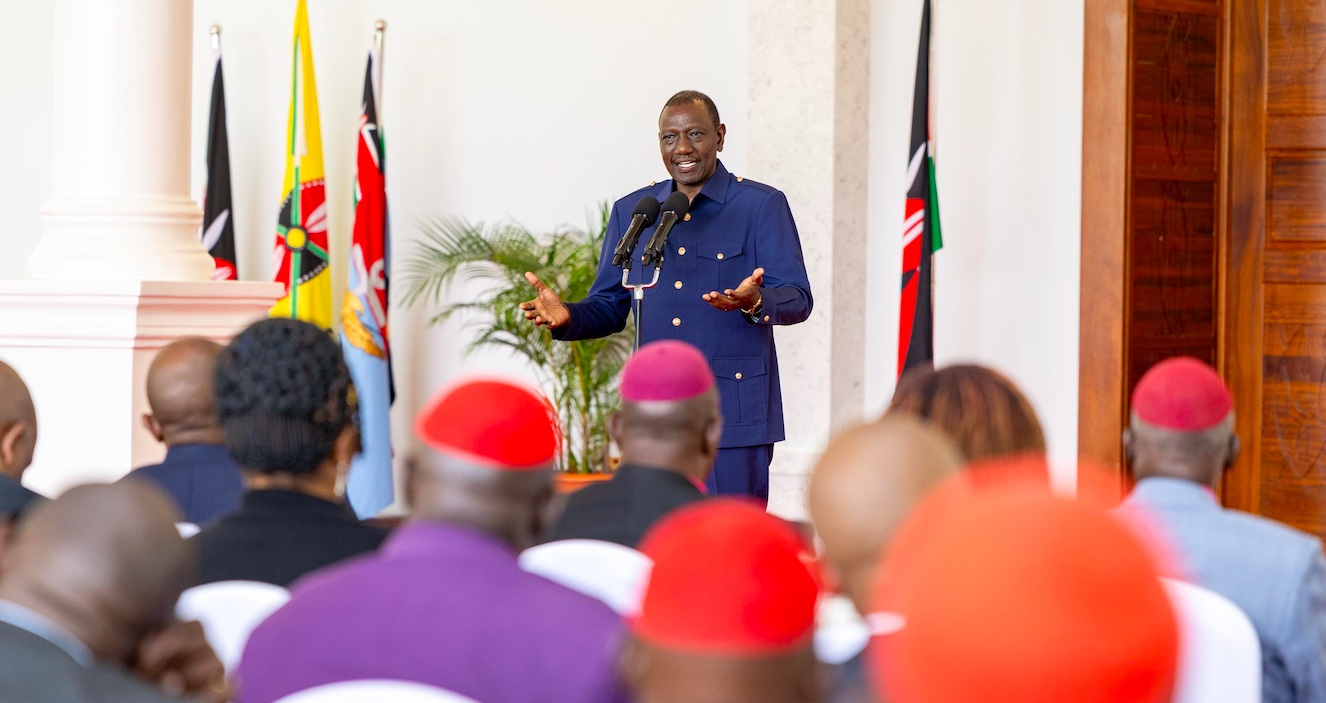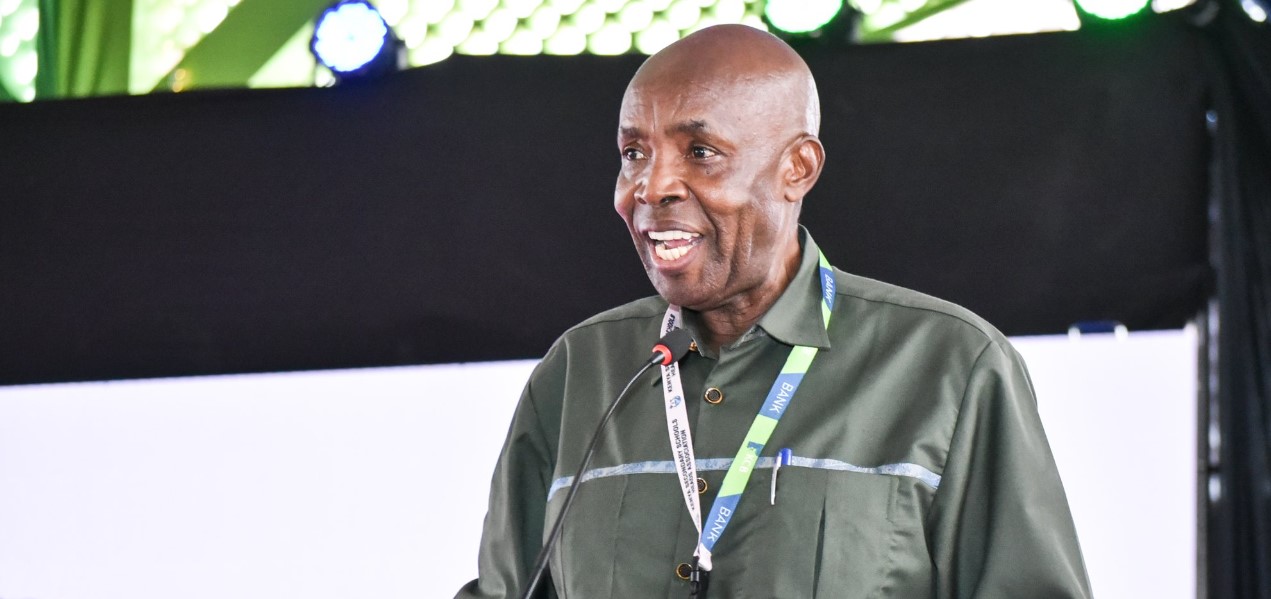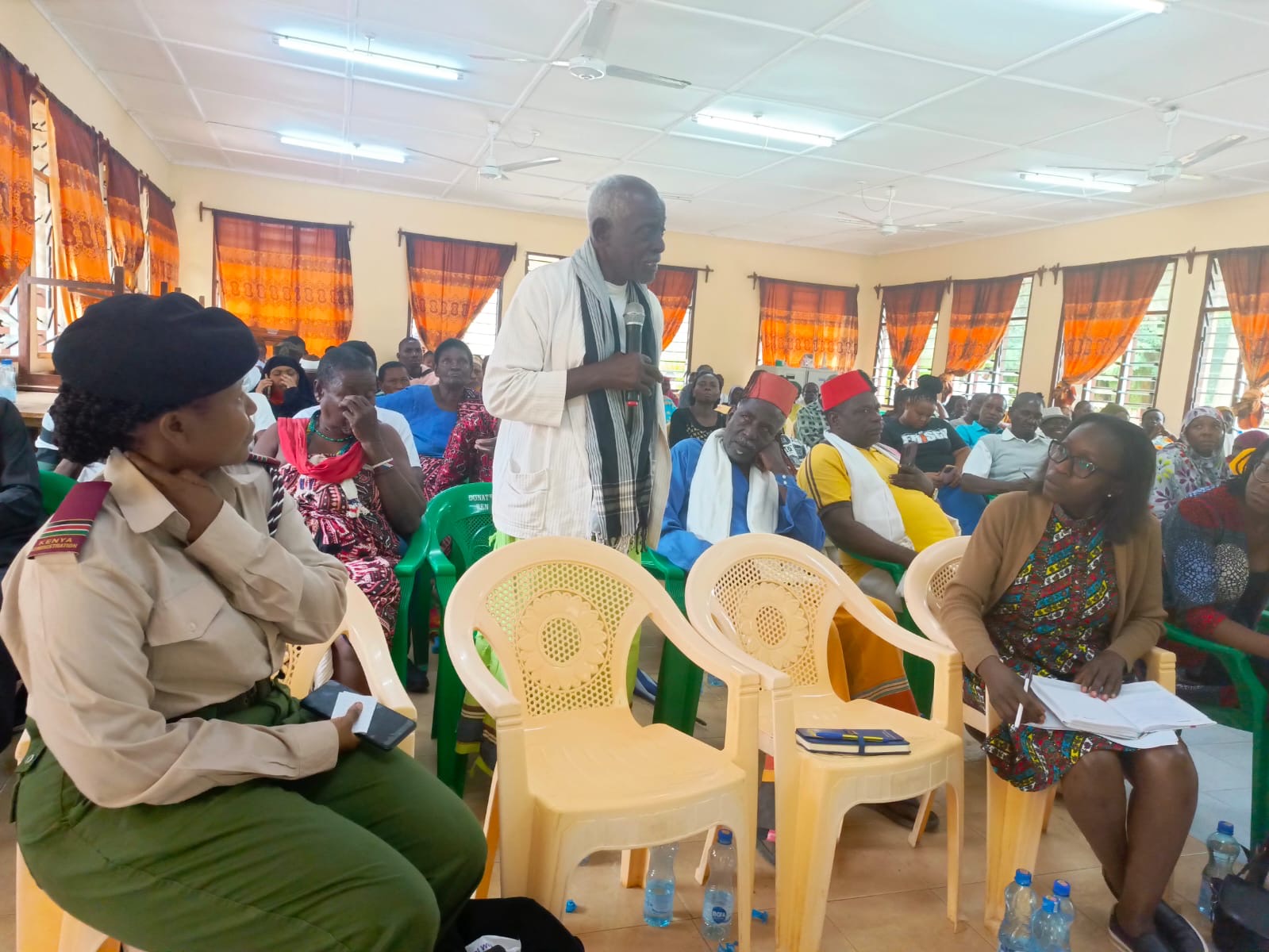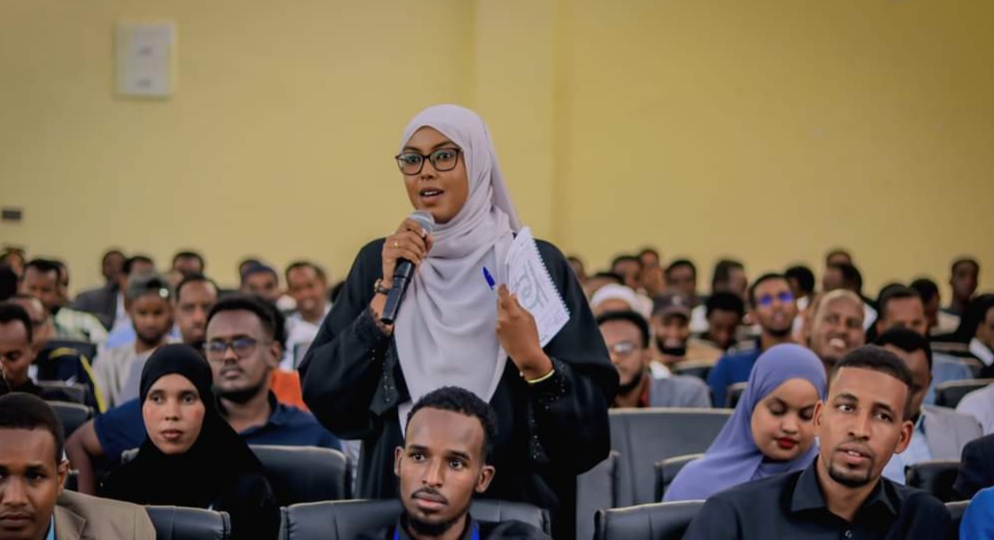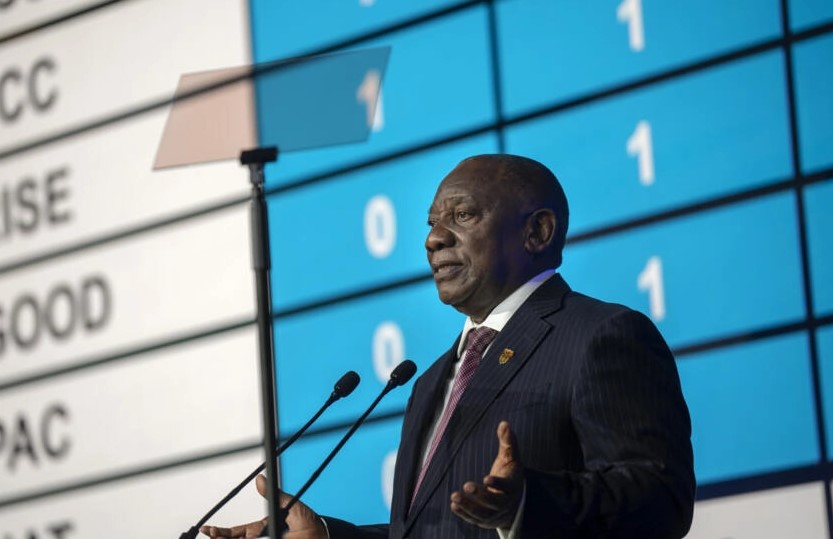How Eid celebrations have transformed across generations
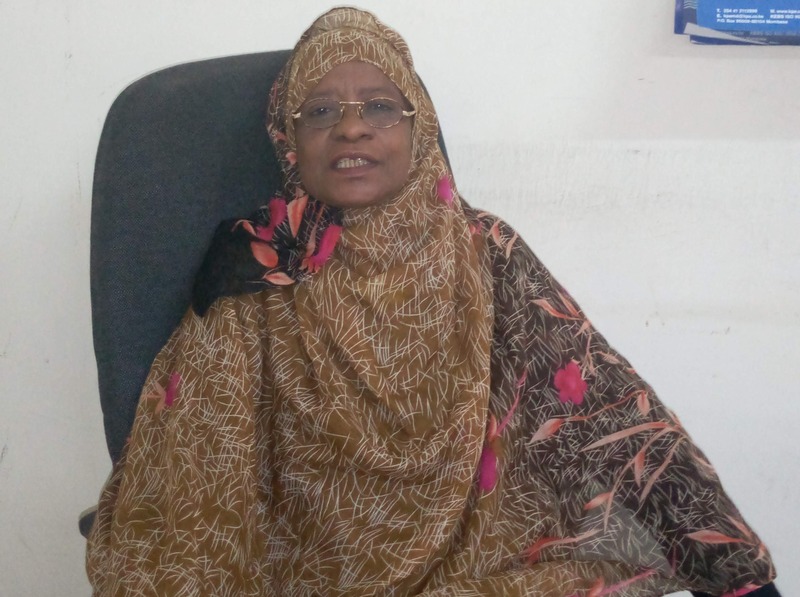
By Mishi Gongo |
While young children enjoyed the door-to-door tradition, teenagers engaged in lively dances, known as "vigoma," entertaining the neighbourhood and receiving food and money in return.
It's undeniable that Eid holds a special place in many people's lives, especially children. However, with each passing generation, Eid traditions evolve, and the way it's celebrated by today's generation differs significantly from the practices of the 80s and 90s.
Mariam Mohammed, a 32-year-old from Kwale, speaking to the Eastleigh Voice, expressed a sense of nostalgia, saying that today's Eid seems to lack the vibrancy it once had.
Keep reading
Reflecting on Eid celebrations in the 1990s, Mariam reminisced about the lively atmosphere filled with activities that fostered community bonds. She fondly recalled the tradition of children going door to door, exchanging greetings, and receiving Eid goodies.
"Eid was a time for unity, not just among family but also among neighbours. Children would form groups, going from house to house, exchanging greetings for sweets or money," she recalled.
Mariam reminisced about the vibrant festivities on the first day of Eid, where children would spend the day joyously walking from door to door, sharing meals and laughter with neighbours.
"Most of us ate at our neighbours' place, and our parents had no problem with that," she said.
While young children enjoyed the door-to-door tradition, teenagers engaged in lively dances, known as "vigoma," entertaining the neighbourhood and receiving food and money in return.
She noted that these dances were also performed during Ramadan to wake villagers for suhur, emphasising the loss of these cherished traditions.
"Most people now celebrate Eid by going to the mosque in the morning and then visiting entertainment joints afterwards, unlike before, when people would go visit relatives," she said.
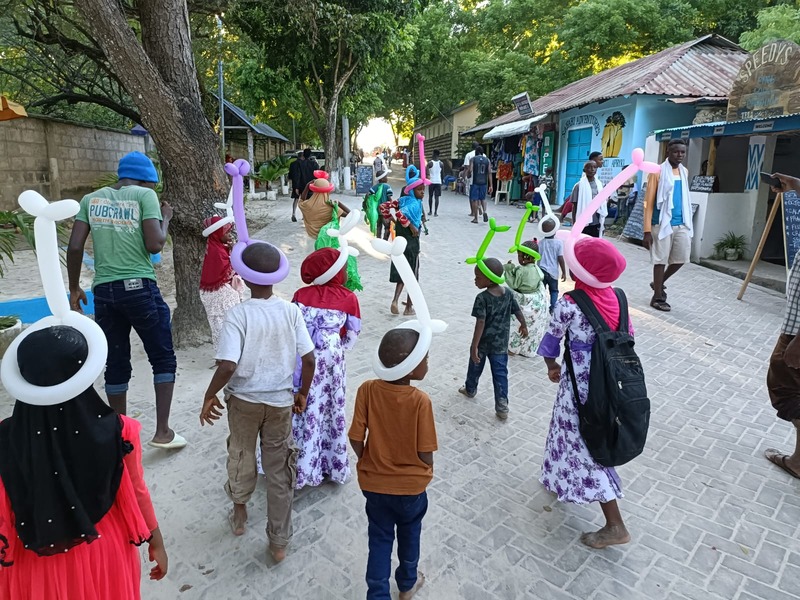 Children walking to the beach in Diani, Kwale County. (Mishi Gongo)
Children walking to the beach in Diani, Kwale County. (Mishi Gongo)
However, Athman Said, a 29-year-old, acknowledged the changes, including shifts in the Eid menu. He said that while traditional dishes like Bakora and ndizi za kiume were staples in the 1990s, many households now incorporate Western pastries like cakes and doughnuts.
Said acknowledged the necessity of adapting practices for security reasons, particularly concerning children's safety. He highlighted concerns about increased risks, such as crime and exploitation, prompting a shift away from certain traditions.
"Before, cases of defilement at the Coast were few. Parents did not have to worry about letting their children spend time at a neighbour's home, unlike now, where there are many vices, including children being lured to crime and others being abducted," he said.
Hamira Said, Swahili traditions and culture researcher, echoed the sentiment of embracing change while upholding essential Eid values. She emphasised the importance of continuing traditions of visiting relatives and helping the less fortunate, despite evolving celebrations.
In essence, while Eid celebrations may evolve with time, preserving the core values of community, compassion, and generosity remain paramount.
"Change is inevitable. We should, however, not forget what our religion says about Eid," she said.




